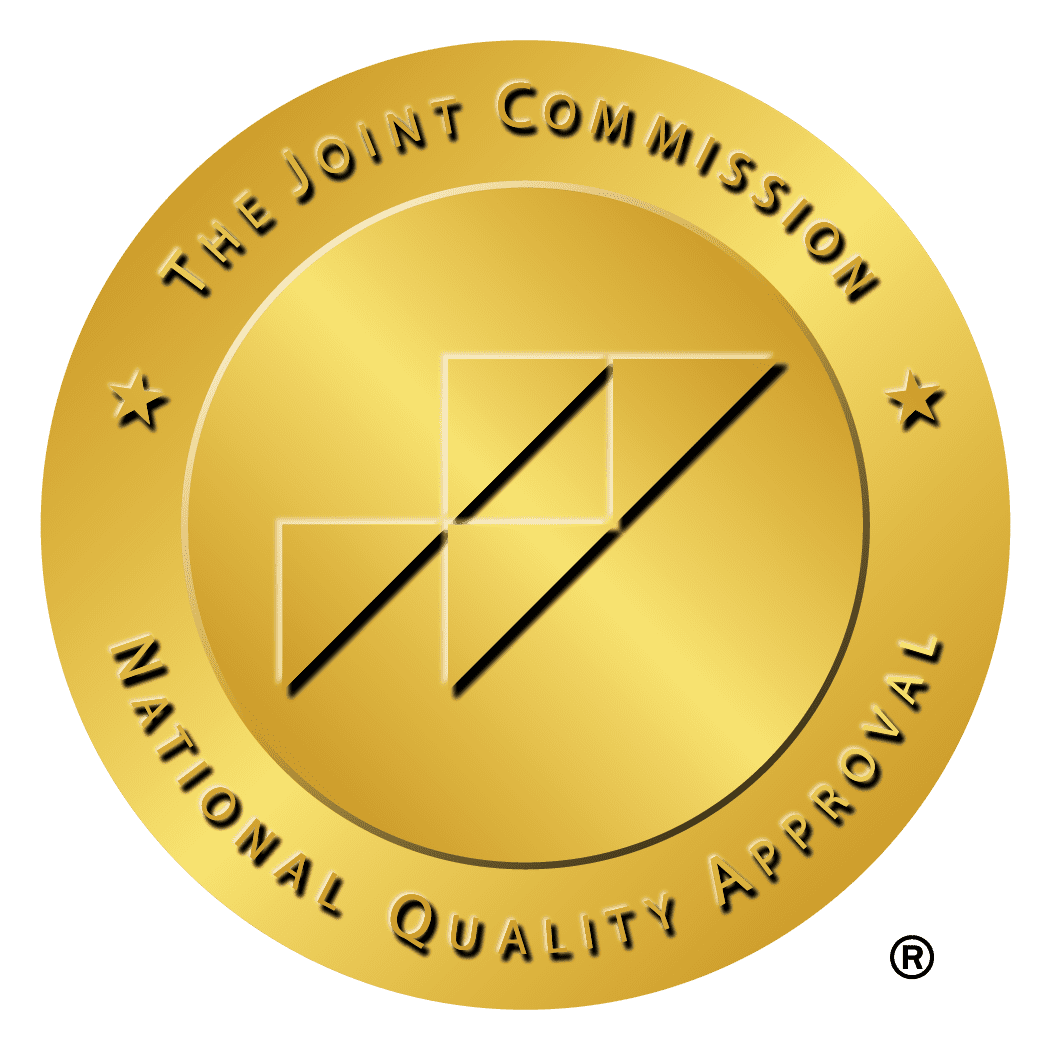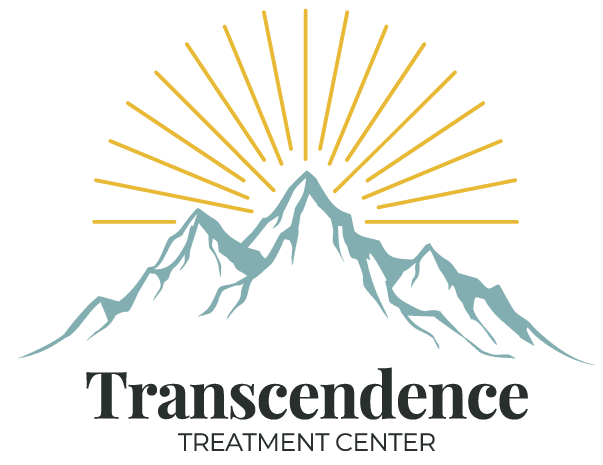Addiction is much more widespread than you may think. It may be surprising to hear that almost 21 million Americans suffer from addiction, yet, most of these 21 million people do not seek out treatment for recovery. In many instances, drug experimentation can quickly spiral out of control and turn into an addiction. When this is the case, many people who are abusing drugs remain in denial about their habits or may try to hide these habits from those they love.
If you have a friend, family member, or loved one you suspect may be showing some warning signs of addiction, we’re here to lay out some common physical, behavioral, emotional, and cognitive symptoms people exhibit when they have a substance abuse disorder.
Physical Signs
Physical signs are often one of the easiest tell-tale signs that something is wrong. People may act differently for a variety of reasons that are not related to drug use, but physical symptoms are many times unique to drugs and much more obvious. Look out for track marks, stomach issues or blood in vomit, flushed skin, broken capillaries, trembling hands, dilated pupils, and/or dramatic weight loss if you suspect your loved one may be partaking in substance abuse.
Track Marks
If your loved one has track marks, that is, puncture marks and bruising from inserting needles, there is definitely cause for concern as to the activities they are partaking in behind closed doors. Take note of other physical symptoms and behaviors if you notice your loved one has track marks.
Stomach issues and/or Blood in Vomit
Many drugs work directly in opposition to the tissue within one’s stomach, breaking it down, harming it, and disrupting typical digestive processes. As a result, one may face side effects ranging from constipation, acid reflux issues, pain in the abdomen, nausea, or vomiting. If someone is presenting stomach issues with no other prevalent causes, it may be time to examine deeper.
Flushed Skin, Broken Capillaries, Trembling Hands and/or Dilated Pupils
Drugs impact the brain as well as physical aspects of the body. If something seems off, trusting your intuition may be key. Noticing physical changes that are abnormal are important to note; this may include: flushed skin, broken capillaries, trembling hands, and/or dilated pupils.
Dramatic Weight Loss
Substance abuse can affect eating patterns significantly. This may manifest as irregularity, poor eating patterns, lack of hunger, and anything in between. Because drugs may impact a variety of hormones in the body, the hormones that trigger hunger queues may be suppressed, therefore may lead to unintentional and dramatic weight loss.
Behavioral
In addition to emotional outbursts, people’s behaviors may be altered from their typical self when they are abusing drugs. Your loved one may begin to argue more frequently, isolate themselves, neglect responsibilities, neglect taking care of themselves, lie, borrow or steal money, begin doing poorly at school or work, have irregular sleeping patterns, face changes in self-confidence, or actively decrease participation in their usual activities and hobbies.
Frequent Arguing
Did something that is minuscule cause a full-blown argument between you and someone you suspect may be abusing drugs? Since drug use is oftentimes associated with mood swings and irritability, it is possible that this is accompanied by frequent arguing. Do not let this get you down, instead, provide care and reach out further to see if something else is going on.
Isolation
When people engage in activities they know are not acceptable or desirable, they may try to hide these activities from those they love to prevent dealing with the consequences. One of the easiest ways to hide bad behaviors is isolating completely. Isolation is an easy way to hide unhealthy behaviors, and isolation may also stem from increased feelings of depression and anxiety that come from using drugs. When individuals begin feeling especially anxious or depressed, this may prevent them from wanting to engage in the outside world, thus, they isolate.
Neglecting Responsibilities, Self-Care, or Personal Hygiene
When drugs become the priority in one’s life, all other responsibilities have a tendency to fall behind. These forgotten responsibilities can take form in personal hygiene with lack of showers, shaving, or cleaning up after oneself. This neglect could also come through as indifference to responsibilities they would have once honored such as showing up to work on time (or at all), providing care to loved ones, and perhaps meeting basic needs like cooking or grocery shopping.
Lying
If someone who is abusing drugs is caught in a situation in which the truth may come out about their drug use, it is very likely they will lie their way out of it. Lying can become a large part of day-to-day life when someone has a secret as large as hiding their substance abuse disorder. It may start with little lies here and there but escalate into stories that simply do not add up over time.
Borrowing Excessive Amounts of Money or Stealing
Drugs cost money. When someone becomes dependent on drugs, it is inevitable that they will start spending their money on these drugs, sometimes completely bankrupting themselves in the process. When there is no money left to give, they may turn to you for money or turn to steal in times of desperation.
Decrease in Work or School Performance
Activities that were once a priority to someone may begin to shift or fall off completely once drugs begin to fully take up their time. If your loved one is a student, they may begin to do poorly in school, show up late, or skip class altogether. Likewise, they may not act to the standard at work which is unusual and often unacceptable. This leads to bigger risks like job loss, financial instability, and overall inability to take care of themselves.
Changes in Sleeping Patterns
Each drug will have different effects on the body that can impact typical sleeping patterns. Both drug use and withdrawal symptoms can make it hard to fall asleep and sleep through the night. Some drugs can alter REM sleep and provide a sense of awakeness, whereas other drugs may administer calm and promote more sleep than usual. Regardless, there is often a shift in sleeping patterns for individuals abusing drugs, and in some cases, insomnia.
Changes in Self-Confidence
Drug abuse often starts from a place of trauma and unhappiness within one’s life. Drugs can sometimes provide a false sense of self-confidence and happiness, but further deteriorate this confidence once the high is gone. If you notice someone acting unusually confident or unusually low, that may be something to take note of.
Decrease in Participation in Usual Hobbies or Activities
Activities and hobbies may start to feel like a bore in comparison to the high of drugs. If you notice decreased participation in once-loved hobbies or activities, having a conversation could be a great step into figuring out what is going wrong in your loved one’s life.
Emotional:
Many of the side effects of drug addiction take place on an emotional level in which the person affected by drug usage can be unusually irritable, defensive, depressed, anxious, generally less interested, or moody. Let’s break it down.
Irritability
Has your loved one been especially cranky completely unprovoked? While every person gets irritable from time to time, when irritability becomes a consistent pattern that does not seem to have a rhyme or reason as to why they are feeling irritable, there may be something going on beneath the surface.
Defensiveness
If you’ve noticed some strange behavior with your loved one, it’s possible you have tried to initiate a conversation that was received poorly and met with defensiveness. When people are hiding behaviors they deem to be unhealthy or unacceptable, they will become defensive when confronted in order to continue to hide their unhealthy behaviors. While you may be reaching out with genuine concern, it is common to receive misplaced defensiveness in return.
Depression/Anxiety (or increases in severity)
Many people fall down the path of addiction due to underlying circumstances within their life. Trauma, mental health struggles, and addiction are all intermingled and many people turn to drugs when they are depressed. Drugs can temporarily lift people from their low when they are experiencing feelings of depression. This feeling is only temporary and is a very harmful pattern to adopt long-term, resulting in even lower-lows than before. If you suspect someone you love is abusing drugs, they may be acting more anxious or depressed than usual.
Loss of Interest
It is a strange phenomenon to observe someone who once had lots of passion seem to just not care. If there is a sudden loss of interest in topics that at one point or another were something your loved one was interested in, there may be an underlying source for this loss of interest.
Mood Swings
Everyone has down days or days where they may overreact, but if your loved one is facing drastic mood swings out of nowhere, something else may be going on.
Cognitive Signs:
Drugs directly impact brain function which ultimately alters the function of the rest of the body. Cognitive signs are commonly related back to emotional, behavioral, and physical signs of drug abuse. Most notably, drug users may have difficulty learning, trouble remembering, impulsive or poor decision making, and poor behavioral control and reactivity.
Difficulty Learning/Remembering
Due to the fact that drugs directly impact the brain and brain function, many people have difficulties learning or remembering, and in many cases, are unaware of just how prevalent these issues are. Impacted memory and learning can make everyday mundane tasks difficult to accomplish, therefore this is definitely worth noting.
Impulsive or Poor Decision Making
Repetitious drug use causes disruptions in the brain’s highly evolved frontal cortex. This frontal cortex regulates brain function related to decision-making which is why the more people use drugs, the more likely their decisions become worse and worse as they progress in their addiction. Harming the frontal cortex means individuals oftentimes literally do not have the capacity to make better choices. If you notice someone making mistake after mistake with no rationality behind the choices, a conversation may be worthy of having.
Poor Behavioral Control/Prone to Reactivity
Tied in with irrationality, mood swings, and defensiveness, the impact of drugs on the frontal cortex also means that behavior is disrupted on a biological level. Your loved one may not even have control over the way they react to certain events, which makes them especially prone to reactivity and having overall poor behavioral control.
Conclusion
Overall, there are a variety of signs and symptoms that may present themselves if your loved one is secretly suffering from an addiction. Noticing these signs is important and taking actionable steps may prevent these habits from getting worse. When you or your loved one needs help, Transcendence Treatment Center is there every step of the way to help them recover from substance abuse and regain control of their life. Give us a call today for more information: 854-222-3773.


